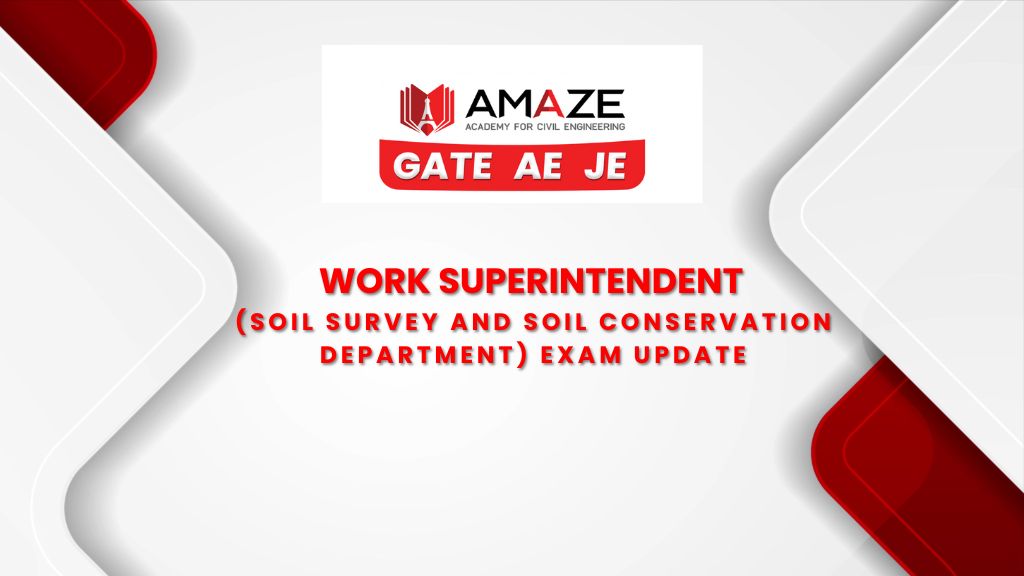Work Superintendent (Soil Survey and Soil Conservation Department) Exam
The Kerala Public Service Commission (KPSC) has recently released the detailed syllabus for the upcoming examination for the post of Work Superintendent in the Soil Survey and Soil Conservation Department (Category No. 309/2023). This comprehensive guide outlines the topics and areas that candidates need to focus on for the exam, which is designed to assess their knowledge and skills in various domains related to the position. Let’s delve into the specifics of the syllabus and understand what prospective candidates can expect.
Syllabus Breakdown:
The examination for the post of Work Superintendent is divided into eight distinct sections, each carrying its own weightage in terms of marks. Here’s a breakdown of the syllabus:
Basic Engineering Drawing (10 Marks):
– Drawing instruments, equipment, and materials
– Lettering, dimensioning, and scale
– Plane geometrical construction
– Conic section and projection
Surveying (15 Marks):
– Conventional surveying
– Introduction and terms used in chain, compass, plane table, and leveling survey
– Principle of leveling, Types of leveling, Reduction of levels
– Contouring, Theodolite survey
– Modern and advanced surveying instruments
Building Materials and Construction (20 Marks):
– Stone, Brick, Tiles, Cement, Lime, and filler materials
– Plain cement Concrete, Reinforced cement concrete
– Timber, Foundation, Masonry, Roofing, Flooring
– Building finishes and services
– Temporary structural treatment for building construction
Building Drawing and Estimating (20 Marks):
– Building rules and byelaws
– Estimation, Rules, and methods of measurements of work
– Rate analysis and valuation
Hydraulics and Irrigation (15 Marks):
– Terms used in Irrigation
– Storage and diversion head works
– Reservoir, dam, canals, Cross drainage work
– Properties of fluid
– Measurement of pressure
– Types of Hydraulic energy
Units and Mensuration (6 Marks):
– Units of measurements
– Measurement of Perimeter and Area of triangles, Polygons, and circles
– Volume of Solids
Applied Mechanics (6 Marks):
– Simple machines: Load and effort, Mechanical advantage, Velocity ratio, efficiency
– Work power and energy
– Simple stress and strain
– Friction, Shear force, and bending moment
– Speed and velocity
AutoCAD (8 Marks):
– Introduction to AutoCAD
– Basic commands
– Drawing toolbar and modifying toolbar
– Plotting and printing
Important Note:
While the above topics are detailed in the syllabus, candidates should be aware that questions from other topics relevant to the educational qualifications for the post may also appear in the question paper. The syllabus serves as a guide, and candidates are advised to prepare comprehensively.


